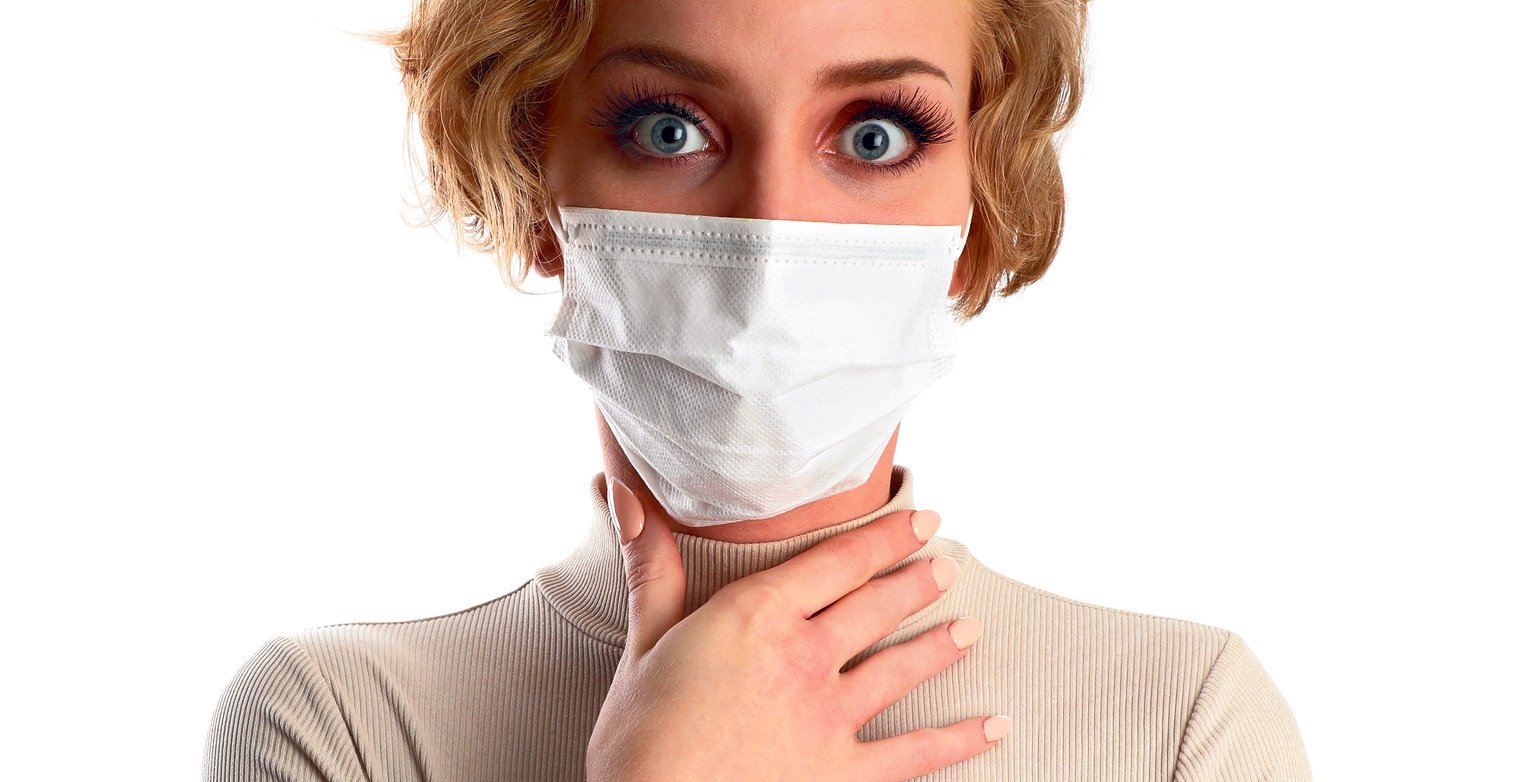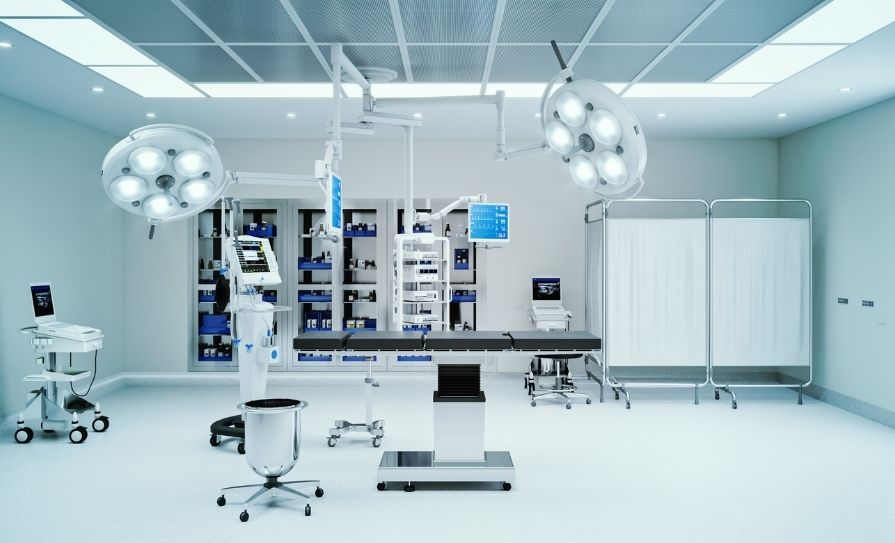Niamh Cahill examines the evidence and conflicting advice on wearing face masks to stop the spread of SARS-CoV-2
Widespread debate for and against the use of face masks in the community has been a topic of much discussion globally since the emergence of Covid-19.
The debate has continued due to conflicting guidance and indeed changes in guidelines from various healthcare organisations in recent months.
Terminology surrounding masks is also confusing. ‘Surgical masks’, ‘face masks’, ‘face coverings’, ‘respiratory masks’ and ‘non-medical grade face coverings’ are just some of the terms in use.
Evidence of the benefit of surgical masks in healthcare settings is well documented, but limited data exists surrounding the advantages of face masks or coverings in community settings.
WHO
The World Health Organisation (WHO) is clear in its views on the matter.
It has declared: “Studies of influenza, influenza-like illness, and human coronaviruses provide evidence that the use of a medical mask can prevent the spread of infectious droplets from an infected person to someone else and potential contamination of the environment by these droplets.”
But masks in the community are an entirely different area, with no evidence of their value in preventing the spread of viruses, according to the WHO.
“There is currently no evidence that wearing a mask (whether medical or other types) by healthy persons in the wider community setting, including universal community masking, can prevent them from infection with respiratory viruses, including Covid-19.”
The Organisation is of the view that masks could create a “false sense of security” among individuals, resulting in them neglecting to maintain hand hygiene and physical distancing measures. It may also lead to touching the face under the masks and under the eyes.
Difficulties accessing masks for medical staff is perhaps chief among the WHO’s concerns, but their anxiety is not unwarranted. Medical-grade masks are in short supply globally.
ECDC
In contrast, the European Centre for Disease Prevention and Control (ECDC) places more trust in the ability of individuals to use masks while adhering to other virus-limiting measures.
In the context of Covid-19, the ECDC opinion on the suitability of face masks and covers in the community by those who are not ill states: “The use of face masks in public may serve as a means of source control to reduce the spread of the infection in the community by minimising the excretion of respiratory droplets from infected individuals who have not yet developed symptoms or who remain asymptomatic.”
This is despite a lack of evidence. How much the use of masks in the community contributes to a decrease in transmission “in addition to the other countermeasures” remains unknown, according to the ECDC.
It adds: “The use of medical face masks by healthcare workers must be given priority over the use in the community.”
However, “the use of face masks in the community could be considered, especially when visiting busy, closed spaces, such as grocery stores, shopping centres, or when using public transport.”
“The use of non-medical face masks made of various textiles could be considered, especially if — due to supply problems — medical face masks must be prioritised for use as personal protective equipment by healthcare workers.”
Ultimately, face masks in the community should be considered “only as a complementary measure and not as a replacement for established preventive measures,” according to ECDC.
The ECDC cautions that education around their correct use is key if masks are to prove effective.
Furthermore, any recommendations on the use of face masks in the community “should carefully take into account evidence gaps, the supply situation, and potential negative side-effects”.
Cork-based Dr Paul O’Brien, a scientist and medical doctor, believes the debate on masks “has lacked a bit of nuance”.
“What you really want to do is risk-stratify your personal protection based on an exposure scenario, taking into consideration the protection tools at your disposal. You don’t want to be wearing a mask outside by yourself,” Dr O’Brien told the Medical Independent (MI).
He added that masks have a “limited life-span”, noting for instance that the life-span of a three-ply mask or surgical mask can be measured in just a few hours.
“After that, they may cause more harm than good to the user,” he argued.
He advised those who wish to wear masks to do so in an environment or “exposure scenario that warrants it”, such as a crowded place with poor ventilation.
Transmission in the open air while following hand hygiene and social distancing guidelines is “very unlikely”, he said.
Face coverings in the community have been recommended in the UK, while other European countries are enforcing the wearing of face coverings in the community with fines imposed on those who fail to wear them, in Greece, for instance.
In Spain, all children over the age of five must wear a mask in public when social distancing is not possible.
NPHET advice
Ireland has adopted a different approach. Here, the national public health emergency team (NPHET) recently announced its advice on masks in the community, advocating the use of face coverings in certain situations, but refraining from making their use mandatory.
It recommends face coverings in situations where physical distancing is challenging, such as supermarkets and public transport.
The team refrained from enforcing a mandatory, legally-binding recommendation, recognising that some individuals with allergies and other health conditions would find face coverings difficult to wear. Minors under the age of 13 are also excluded.
Advice from the Department of Health states: “Do not criticise or judge people who are not able to wear a face covering.”
Echoing the views of the WHO and ECDC, Chief Medical Officer Dr Tony Holohan has stressed that face coverings were an additional preventative measure and advised the public that proper hand hygiene, cough etiquette and social distancing remained of paramount importance in helping to limit spread of the virus.
According to an article in The Lancet, published on 16 April: “Social distancing and hand-washing are of prime importance in the current lockdown.”
The authors suggest mask-wearing “would complement these measures by controlling the harm at source. Mass masking would be of particular importance for the protection of essential workers who cannot stay at home. As people return to work, mass masking might help to reduce a likely increase in transmission.”
“Mass masking for source control is in our view a useful and low-cost adjunct to social distancing and hand hygiene during the Covid-19 pandemic. This measure shifts the focus from self-protection to altruism, actively involves every citizen, and is a symbol of social solidarity in the global response to the pandemic.”
The University College Dublin Centre for Precision Surgery, Mater Misericordiae Hospital, Dublin, via Twitter, has presented some informative visuals in the context of masks and the protection provided.
In one simple but informative visual, it illustrates how “surgical masks are unidirectional” and “protect the environment from the user”.
“Even if I wear a mask, the transmission probability from a carrier is 70 per cent if they are not wearing a mask. If the infected person wears a mask but I don’t, it’s 5 per cent. With us both masked, it’s 1.5 per cent,” a tweet explained.
Views of GPs
However, Tramore GP Dr Austin Byrne believes face masks should not be recommended for widespread community use.
He said current face mask stocks were under “huge pressure” at a time of relatively low disease incidence.
“Wearing a face mask in the community needs to be seen as socially unacceptable, as it costs that level of protection to a front-line healthcare worker somewhere else,” Dr Byrne told MI.
“Face coverings are a different issue. Their use in certain settings seems quite inevitable as we unwind restrictions”.
Dublin GP Dr Maitiú Ó Tuathail said there is now clear evidence that the wearing of face masks is protective, in addition to other measures, such as social distancing and hand hygiene.
“I think face masks should be worn in cases where social distancing is difficult or impossible to implement, such as on public transport or in shops,” Dr Ó Tuathail told this newspaper.
“Countries in Asia have been doing this since the start of the pandemic and our European neighbours, such as Germany and Austria, who have a much lower mortality rate than Ireland, have also recommended the wearing of face masks for members of the public.
“I find it hard to take that the ‘expert advice’ in Ireland seems to differ significantly from that of other countries in Asia, Europe, the States and even the UK. At this stage, Ireland is an extreme outlier in terms of public mask recommendations and it’s time a clear reasoning for this was forthcoming.
“It is clear that this decision is not being driven by science, but by the fear of a lack of availability of masks — just like we saw a significant tightening of Covid-19 testing criteria, which again, wasn’t driven by science, but by capacity for testing. I think the recommendation around public mask use is similar.
“And to be clear, the public should not be wearing surgical- or medical-grade masks; the recommendations are that they should wear home-made cotton masks, that they should don and doff them correctly and that they be used in addition to all other measures, such as hand hygiene and social distancing.”
Ultimately, several questions remain.
Can the public be trusted to wear masks effectively while still maintaining other safety measures? Without blanket enforcement of mask-wearing in the community, will it be effective in limiting virus spread? And will face coverings prompt individuals to maintain social distancing, or give them a false sense of security, as the WHO fears?
Only time will tell whether the direction given by Government was the correct path to follow.













Leave a Reply
You must be logged in to post a comment.